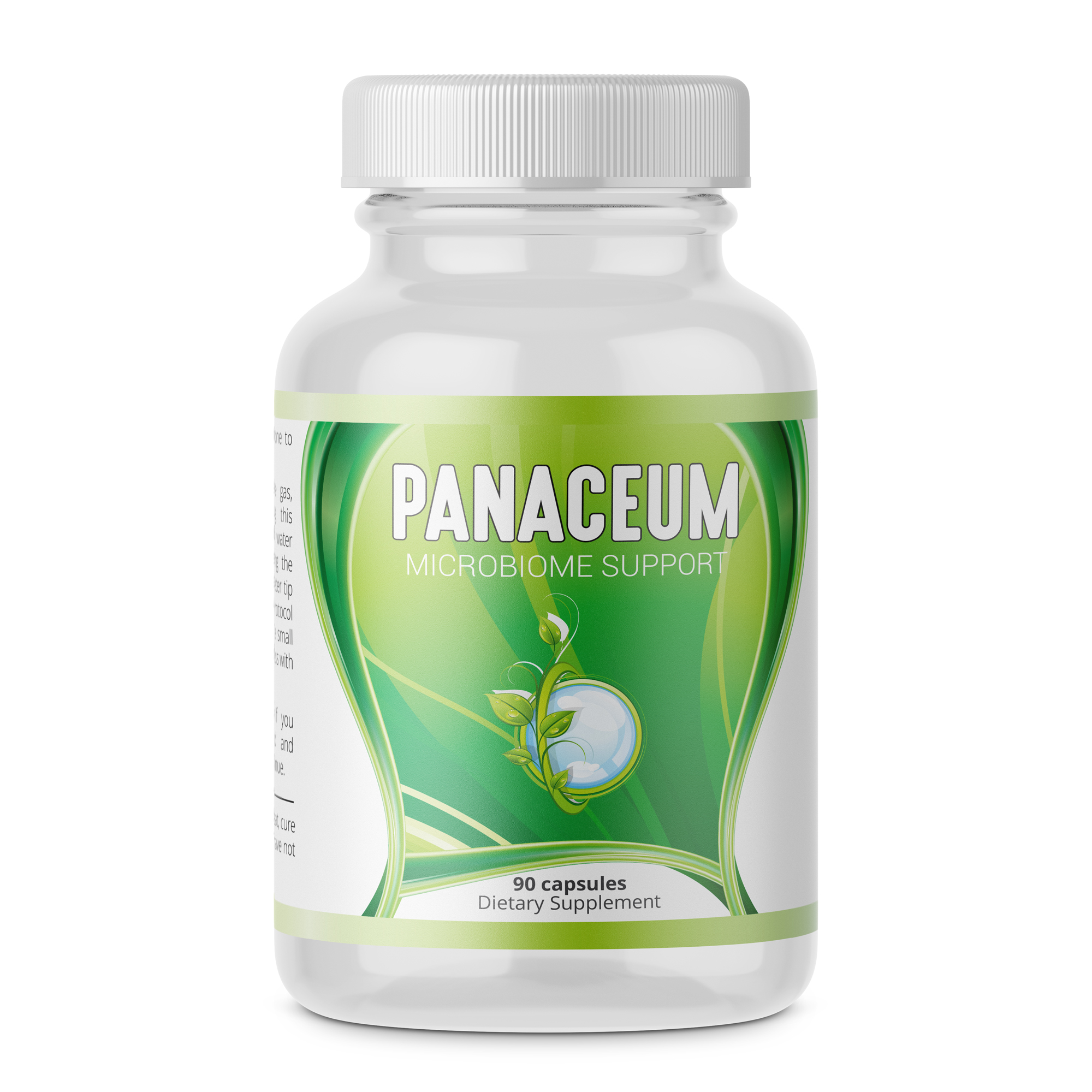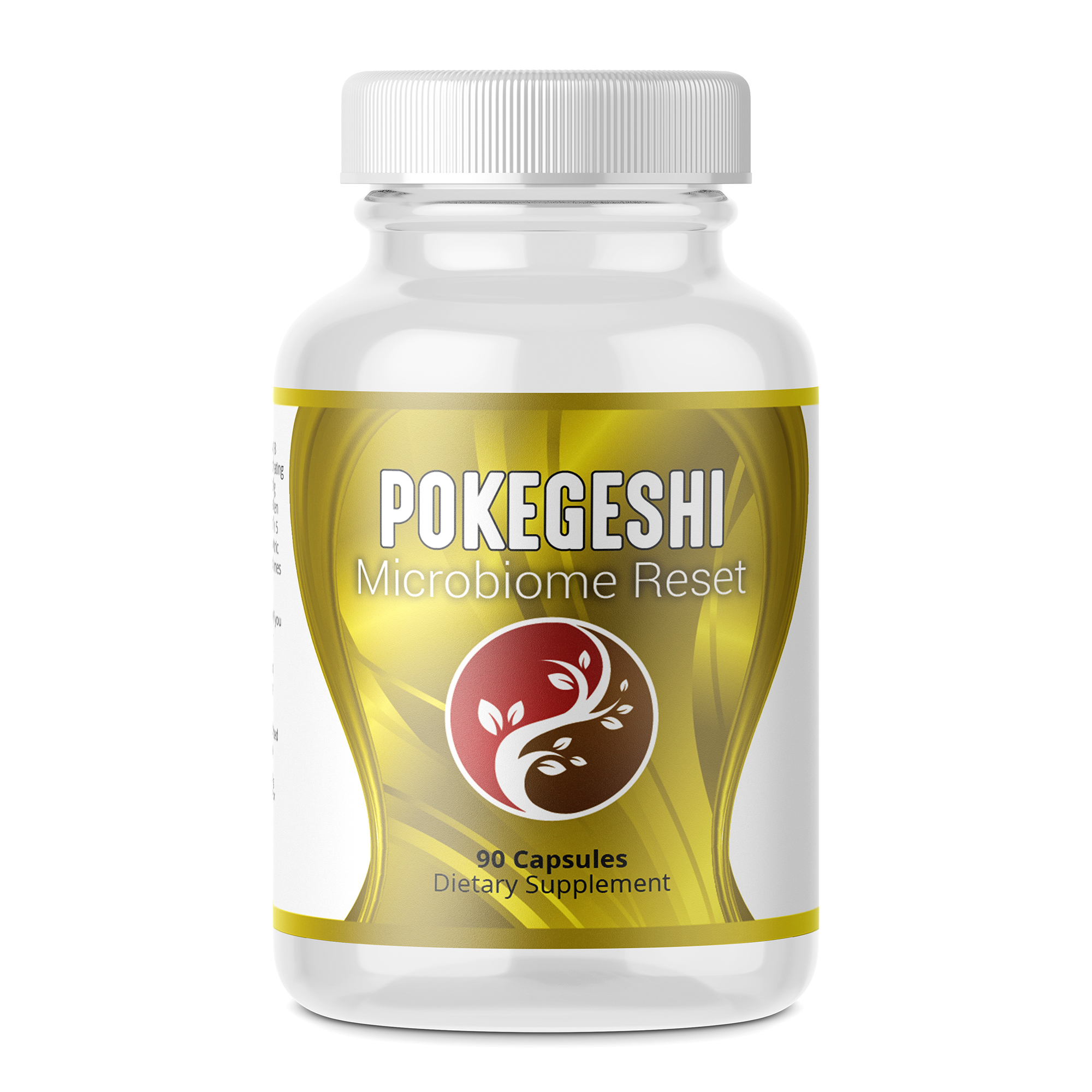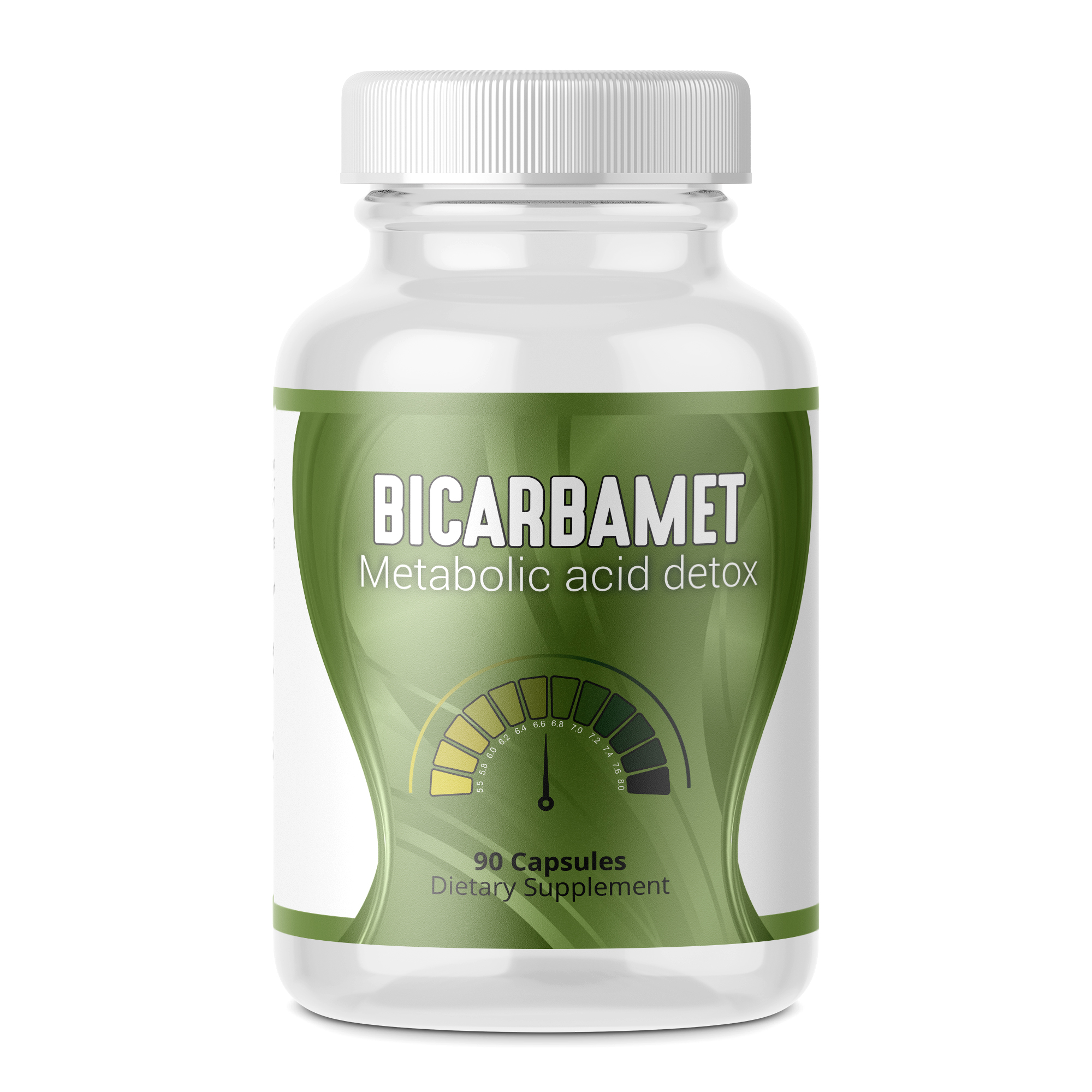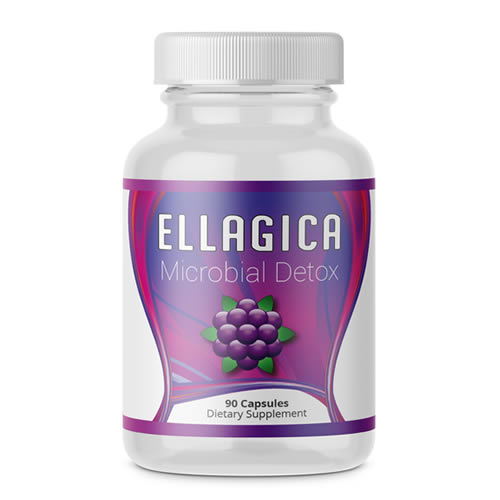A stool pH below 6.5 favors healthy microbiome bacteria. At 6.6 and above, pathogenic bacteria, parasites, yeast and fungi grow. Some pathogens convert the urea naturally present in the large intestine into alkaline ammonia with an enzyme called urease. By suppressing urease, ammonia is not formed in this manner and the pH of the stool can move in an acidic direction favoring healthy bacteria.
Bifidus and other lactic acid producing bacteria (LAB) create the lactic acid needed to give the stool an acidic pH and serves as the substrate for other bacteria to create other important short chain fatty acids, such as acetic, butyric and propionic acids. In addition to lowering ammonia, we must also produce the actual acids themselves for proper stool pH and microbiome health. By directly feeding Bifidus and the other LAB, we may support this process.
Since Pokegeshi contains oligosaccharides, those with or who suspect SIBO should start with 1/2 a capsule at first, then work their way up slowly to a full dose when able.
Ingredients: A proprietary blend of pomegranate rind, geranium flower, pine bark extract, persimmon tannins, hibiscus flower, cranberry extract and galacto-oligosaccharides. All ingredients organic whenever available.
General maintenance: 1 to 3 capsules with meals may support a stool pH ≤6.5.
Gas for 21 days is possible as the microbiome resets.
Pokegeshi is only meant for 1-2 weeks. Long term shifting of the stool pH if needed is done with Acidulem.
You may wish to consider these as well…
While we want an acidic stool pH we also want an alkaline small intestine. Supporting bicarbonate levels may also support healthy mucus formation, a condition necessary for a healthy microbiome. As such, you may wish to consider Bicarbamet.
While the goal is for a person to make their own short chain fatty acids (SCFAs), some supplemental SCFAs in the beginning of this process can be helpful.

While Bifidus and the Lactic Acid Bacteria (LAB) are very important, there are other bacteria we also want to support. Panaceum contains 9 different oligosaccharides to support a wide range of healthy microbiome bacteria.




